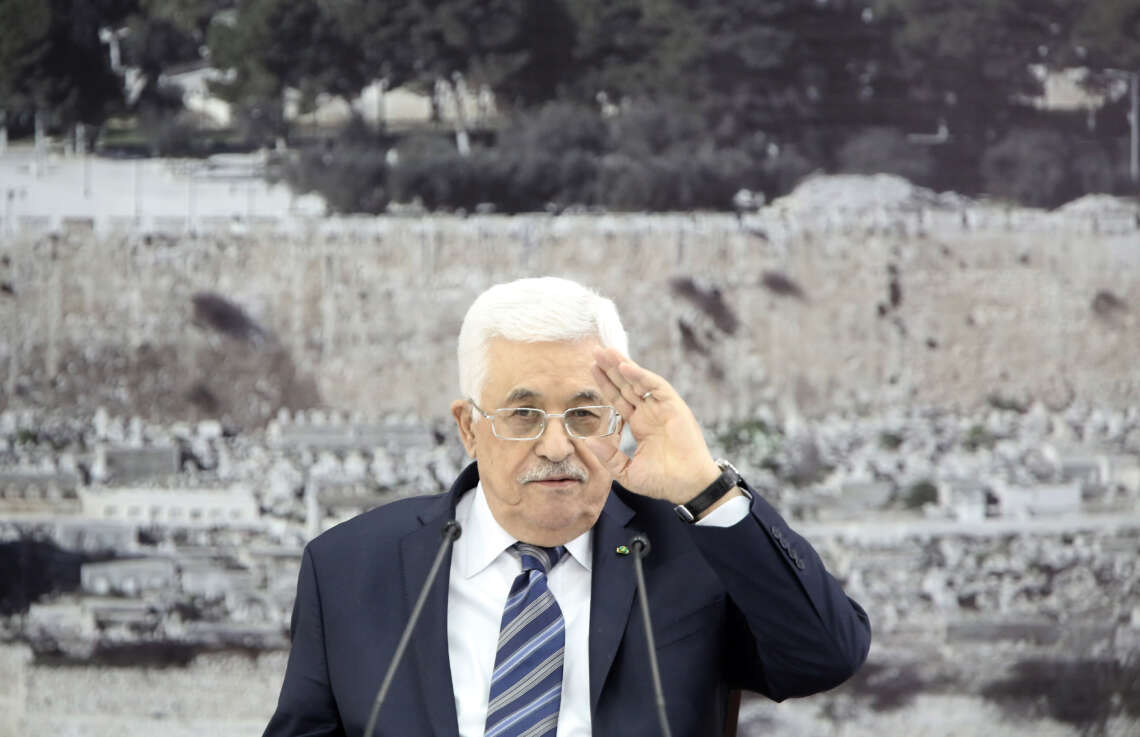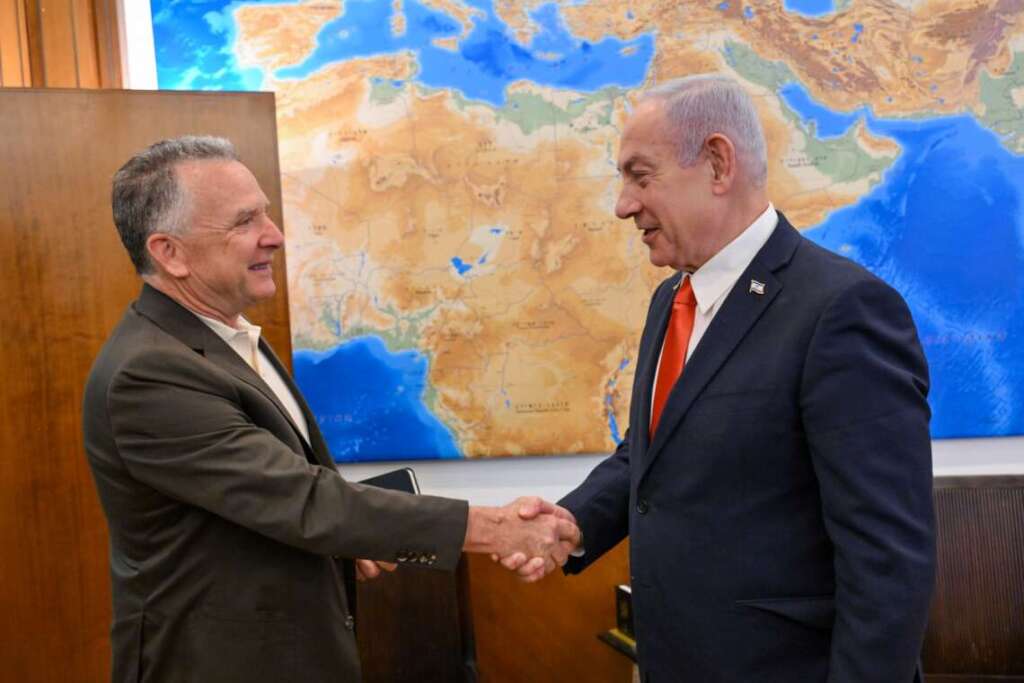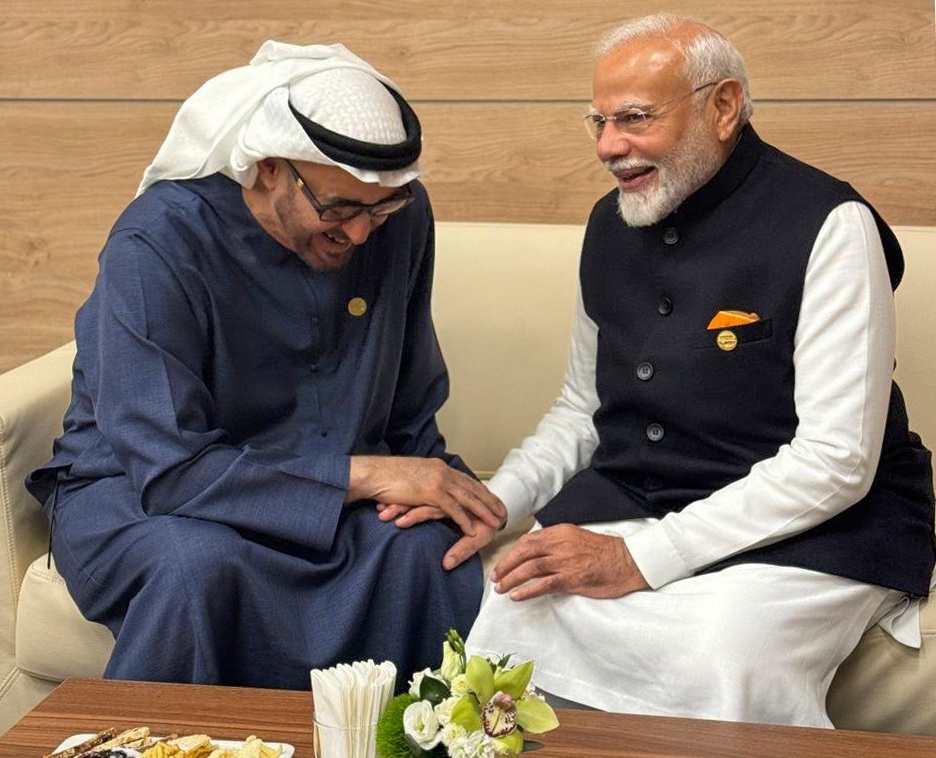UAE has hailed the intention of countries such as Malta, Canada, Australia, Andorra, Finland, Iceland, Luxembourg, New Zealand, Portugal, and San Marino to recognise Palestine….reports Asian Lite News
The UAE has welcomed a wave of growing international support for Palestinian statehood, as multiple Western nations signal their intent to formally recognise the State of Palestine. At the same time, the United States has escalated pressure on the Palestinian leadership by sanctioning officials of the Palestine Liberation Organisation (PLO) and Palestinian Authority (PA), citing non-compliance with peace commitments.
H.H. Sheikh Abdullah bin Zayed Al Nahyan, the UAE’s Deputy Prime Minister and Minister of Foreign Affairs, hailed the intention of countries such as Malta, Canada, Australia, Andorra, Finland, Iceland, Luxembourg, New Zealand, Portugal, and San Marino to recognise Palestine. Calling these moves “historic steps,” he said they reflect mounting international support for the legitimate rights of the Palestinian people, including the establishment of an independent, sovereign Palestinian state.
“These growing recognitions mark a turning point for the Palestinian cause and inject vital momentum into efforts to achieve a just and lasting peace,” Sheikh Abdullah said. He called upon the rest of the international community to follow suit, underscoring that recognition of Palestine is a “moral, humanitarian, and legal responsibility.” He also noted that international backing is key to reviving a stalled political process and strengthening peace and security in the region.
Wave of recognitions continues
As of August 2025, more than 145 of the 193 United Nations member states officially recognise the State of Palestine. The movement has gained renewed traction following Israel’s prolonged military campaign in Gaza, and amid growing frustration with the failure of peace negotiations. European nations including Ireland, Spain, and Norway recognised Palestine earlier this year, further shifting the diplomatic landscape.
In the Gulf, the UAE has consistently advocated a two-state solution and has increasingly engaged in initiatives to rebuild Gaza’s health sector and support Palestinian civil society.
US sanctions PA and PLO officials
In stark contrast to the UAE’s call for broad recognition, the US State Department announced on Wednesday that it would impose visa sanctions on members of the PLO and Palestinian Authority. The sanctions come under the Middle East Peace Commitments Act (MEPCA) and the PLO Commitments Compliance Act (PLOCCA), on grounds that Palestinian officials have failed to comply with commitments essential to the peace process.
The State Department report accuses the PLO and PA of “continuing to support terrorism, glorifying violence (especially in educational material), and providing financial rewards to convicted terrorists and their families.” It further highlights the Palestinians’ attempts to “internationalise the conflict” through courts such as the International Criminal Court (ICC) and International Court of Justice (ICJ), calling such actions a violation of prior peace agreements, particularly UN Security Council Resolutions 242 and 338.
A spokesperson said, “It is in our national security interest to impose consequences and hold the PLO and PA accountable for not complying with their commitments.” The move drew strong criticism from rights groups, who argue the US is penalising Palestinian diplomacy while overlooking Israeli violations in Gaza and the West Bank.
The diplomatic developments come amid a deepening humanitarian crisis in Gaza, where Israel’s military campaign, now in its 22nd month, has resulted in the deaths of over 60,000 Palestinians, according to figures reported by Al Jazeera and UN agencies. UN experts have likened the scale and tactics of the assault to genocide, citing targeted attacks on civilians and the destruction of medical infrastructure.
In addition to the killings, tens of thousands face starvation as Israel maintains its blockade of the territory. Despite sporadic aid efforts, including from the UAE and other Gulf nations, the World Health Organization has warned of “catastrophic famine conditions” that could kill thousands more.
Meanwhile, the occupied West Bank has seen a parallel spike in settler violence and military crackdowns. Since October 2023, nearly 1,000 Palestinians have been killed in the West Bank—some by Israeli settlers and others during army operations.
The contrast between the UAE’s push for global recognition of Palestine and the US decision to penalise its leadership reflects the growing complexity of Middle East diplomacy. While Gulf states like the UAE maintain ties with both Israel and the US, their support for Palestinian rights has intensified in light of recent atrocities and mounting global pressure.
Sheikh Abdullah bin Zayed’s statement may signal a broader regional pivot towards formalising Palestinian sovereignty, especially as Gulf nations try to balance their own security interests, public sentiment, and aspirations for regional leadership.













